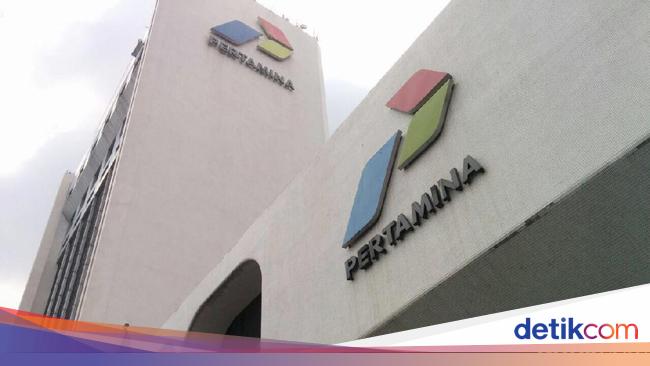According to UNAIDS, the United Nations agency to combat HIV/AIDS, there are more than 23 million people in the world with the human immunodeficiency virus, or HIV, who are receiving treatment with antiretroviral drugs. All those people, who only 25 years ago faced the almost certainty of contracting the deadly AIDS, today can live long years, like any patient with a chronic condition.
But we should not delude ourselves about the danger of this serious disease. As Jesús Aguas, founder and executive director of AID for AIDS, explains, “Because of antiretrovirals, for most people the sense of urgency around HIV ended years ago. But what is it that happens? The most vulnerable and poor are left behind, those who have less access to information and treatment”.
Aguáis founded Aid for AIDS, which is part of our Hispanic Federation, in 1996, after the appearance of the first antiretroviral drugs.
“I was a counselor at the Saint Vincent Hospital HIV Clinic in Manhattan,” he recalls, “and I noticed that when infected people switched treatments, the leftover medicine went to waste.” He thus began to send them to those who needed them in Latin America.
More than a quarter of a century later, Aid for AIDS operates the largest HIV Drug Redistribution Program on the planet, shipping vital unused and unexpired products to countries in Latin America and the rest of the world. Through the AIDS Treatment Access Program, the organization connects patients with services that enable them to properly plan and carry out treatment. To date, Aid for AIDS has shipped more than $160 million worth of medicine to more than 20,000 people in 59 countries.
“But there is still a lot to do,” explains Aguas. “Although there is increasing access to medicines, there is a new epidemic, that of stigma and discrimination associated with HIV and AIDS, which prevents many people from seeking the help they need and that can save their lives.”
In addition to helping abroad, Aid for AIDS provides social services to immigrants with HIV in the New York metropolitan area, ranging from health education and housing referrals to legal services and support groups.
“Since 2003 we also have How Much Do You Know?, a prevention program for young people,” adds Jesús Aguas. “We want them to be able to spread important HIV prevention and general health messages to other young people, their families and their communities.”
Those interested in these and other Aid for AIDS activities can consult www.aidfoaids.org or call (212) 337-8043.
For more information about our Hispanic Federation and our nationwide network of community organizations, call our toll-free bilingual line at (844) 432-9832. You can also visit our website at www.hispanicfederation.orgor follow us on Facebook, Instagram and Twitter.
Let’s celebrate LGBTQ Pride Month together on the 32nd anniversary of the Hispanic Federation! Until the next column!
Frankie Miranda is the president of the Hispanic Federation
–

